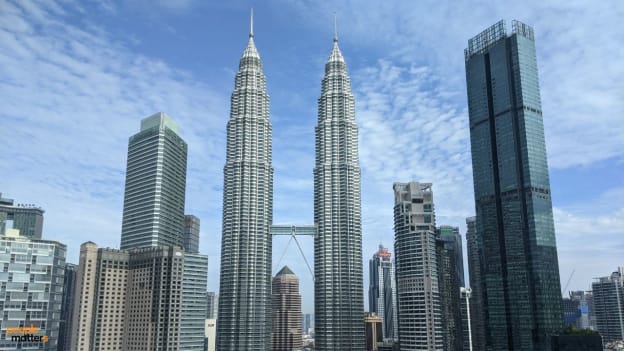Malaysia employers question global work-life balance index

KUALA LUMPUR – A group of employers in Malaysia is disputing the results of a recent global index that claimed the country had the second worst work-life balance score in the world.
In a statement, the Malaysian Employers Federation asserted that organisations in the country offer flexible work arrangements so that their employees can have better work-life balance.
The news from the MEF, first reported by HRM Asia, contradicts a previous report that ranked Malaysia as the second worst for workers in 60 high GDP countries.
At the time, the poor results prompted Malaysia's HR Minister Steven Sim Chee Keong to guarantee that the government was doing its best to ensure safe and healthy work environments for all, according to MalayMail.
Datuk Dr Syed Hussain Syed Husman, President of the MEF, said it is important for workers not to sacrifice their personal lives even as they excel in their roles at work. Striking this balance between professional and personal lives is what drives successful organisations – something that Malaysian companies are very much keen to achieve.
Adopting flexible work arrangements
More Malaysian business leaders are committing to flexible work arrangements to facilitate harmony in their work and private lives.
In fact, as much as 60% of companies in the country have already adopted the policy, according to the MEF’s Flexible Work Arrangements: Assessing Practices and Perspectives of Private Sector Employers survey.
For Dr Syed Hussain, adopting such a policy can result in a positive impact on both the professional and personal lives of workers.
“This flexibility can lead to higher job satisfaction, improved work-life balance and enhanced overall productivity, as employees can tailor their work schedules to suit their personal life,” the MEF President said.
Aside from providing flexible work arrangements, Dr Syed Hussain said many of the organisations that they surveyed also offered generous leave policies. These allow employees to take necessary breaks to keep them from experiencing high levels of stress and burnout from work.
The MEF questioned the accuracy of the global index since they claim that it used “metrics not relevant to evaluating work-life balance”.
Dr Syed Hussain believes the creation of the report may have involved cherry-picking metrics, simplifying comparisons, not including a full context of the data, as well as ignoring nationally legislated policies, which would have influenced the scores.
Striking work-life balance for Malaysian employees
The index in question purportedly analysed data from 60 high GDP countries to understand how each country looked after the welfare of their labour force.
Nigeria hit rock bottom, finishing with a work-life balance score of only 17.03 out of 100 initially. This was originally followed by Malaysia, which showcased a score of 27.51 when the index was first released and reported across Malaysian media outlets in late June.
Other Asian countries such as Taiwan and Singapore fared better, at numbers 16 and 19, respectively.
Independent research from People Matters revealed the scores and rankings have since changed along with the introduction of other Southeast Asian countries.
Now occupying the second to the last spot is the Philippines, despite the global index failing to present data on the country’s statutory sick leave pay coverage and universal healthcare system under PhilHealth.















